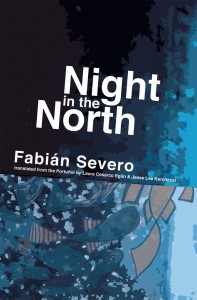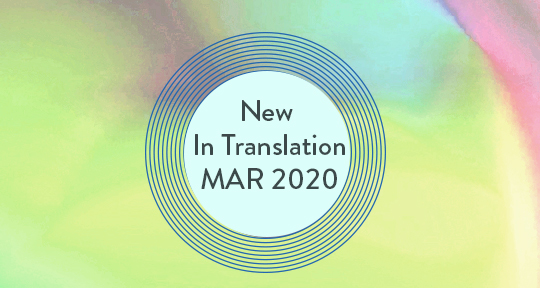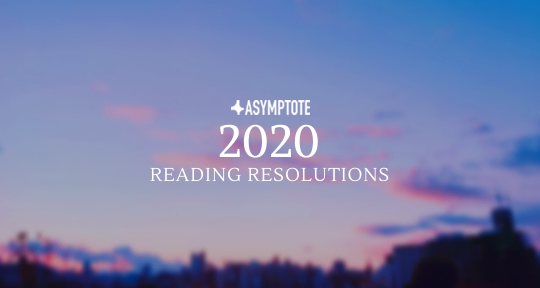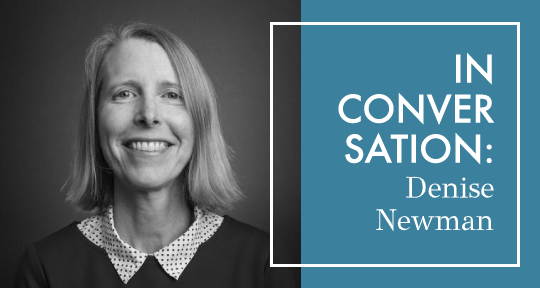These last few weeks of winter will be known as the time of stockpiling, and as countries around the world are shutting doors in response to COVID-19, stores are being cleared out and preserved goods and household necessities are piled up in cupboards. But just as it is vital to care for your body in these perplexing times, it is equally important to nurture your mind. So it is with that in mind that we present the newest and brightest in translated literature from around the world, in hopes that what is available to us remains our compassion, our desire to understand one another, and the privilege to travel amidst isolation. Below, our editors present a book of poetry written in a defiant border-language, a poignant Turkish critique of human cruelty, a Colombian novel depicting a young girl’s inner wildness, and the latest translated poems of Jacques Roubaud, written in the Oulipo tradition of valuing absence as equally as presence.

Night in the North by Fabián Severo, translated from the Portuñol by Laura Cesaro Eglin and Jesse Lee Kercheval, Eulalia Books, 2020
Review by Georgina Fooks, Communications Manager
How do we choose which language to write in?
For some of us, that choice can be fraught. Whether you’re a child of immigrants (as I am), or from a contested border region (as Fabián Severo is), there is a great deal at stake when making that choice. It impacts your identity, it shapes your politics. There’s no doubt that when reading this collection, Severo’s decision to write in Portuñol is a political act. READ MORE…



